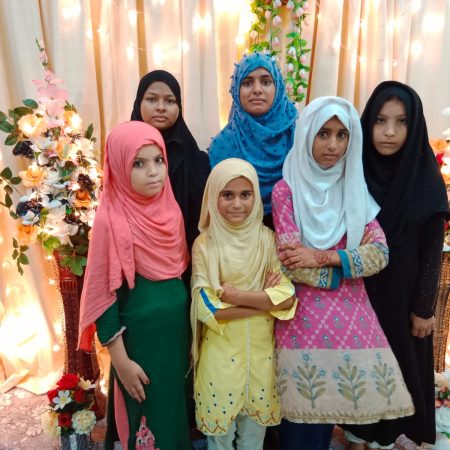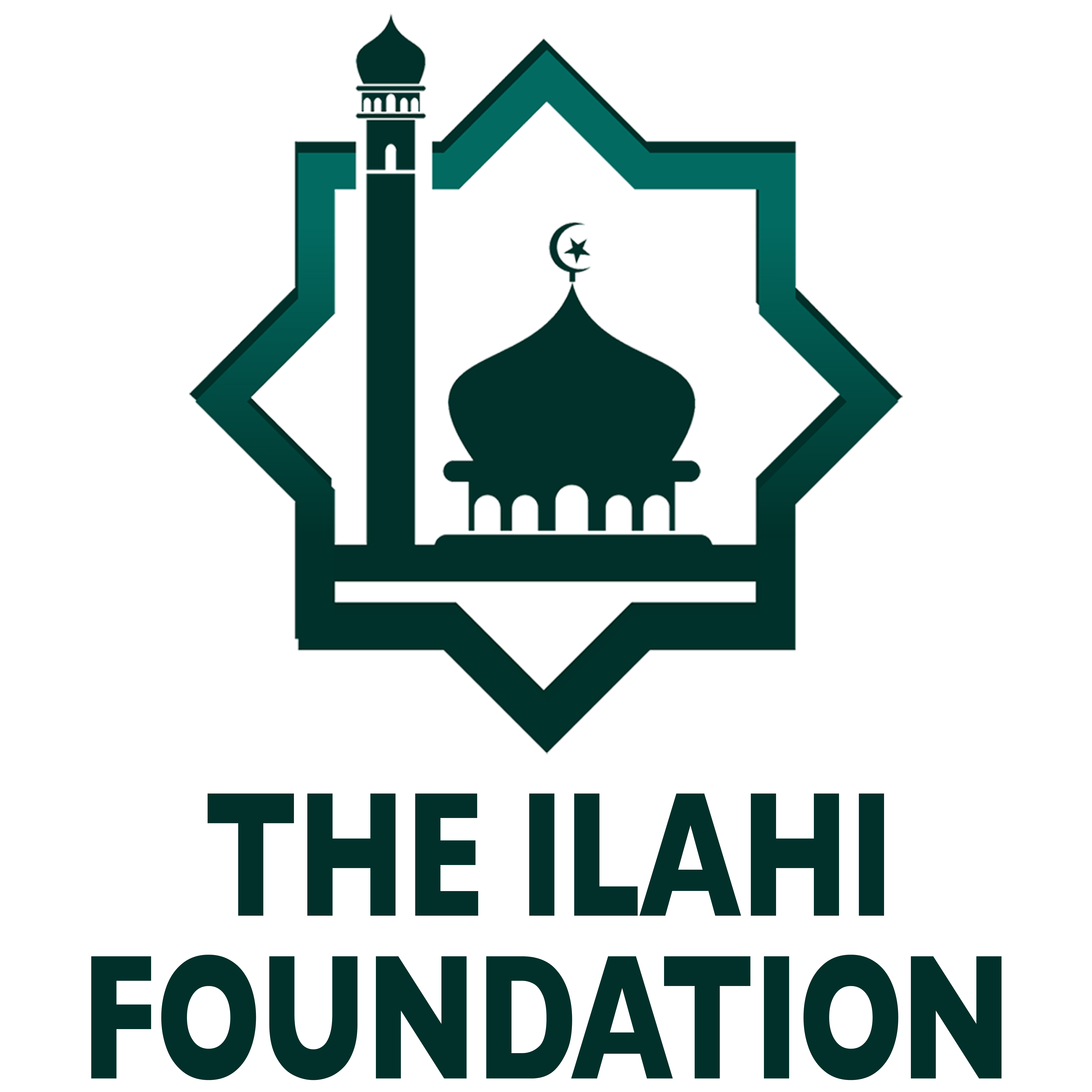The Ilahi Quran Academy is an institution dedicated to the study and teachings of the Quran, the Holy book of Islam. The academy strives to provide a nurturing environment for young girls to deepen their knowledge of the Quran and strengthen their connection with Allah. Approximately 50 girls are attending the Quran Academy at the moment.
Why Do We Do This?
Young girls in Pakistan lack access to education and authentic teachings of Islam. These young girls face many challenges in their life such as societal pressure to get married at a young age, incompletion of education, domestic violence, and child labour. We believe that teaching Islamic women rights and Quranic studies can empower young girls and help them navigate their life with confidence. Our goal is to teach the next generation of girls to live their lives like the Sahabiyat and Ummha-tul-Momineen.
The presence of qualified scholars, teachers, and administrators in the Ilahi Quran Academy is essential for several reasons:
- Teaching and Guidance: Trained teachers can effectively convey complex concepts, clarify doubts, and guide students in their understanding of the Quran and its practical application.
- Preservation of Knowledge: Qualified scholars play a crucial role in preserving and transmitting the Quranic knowledge to the future generation.

